The Role of a Personal Representative/Executor of an Estate

A death in the family is a turning point for many of us – our lives change, never to be the same again, but continuing on, nevertheless.
It’s an overwhelming and emotional time, and for those chosen as the deceased family member’s personal representative, or executor of their estate, it’s also a busy time with many tasks.
Being a personal representative or executor is largely considered a privilege because it means the person trusted you to carry out their final wishes. Often, this role goes to spouses, siblings, or trusted children, and usually, it’s determined in the will before the person’s death.
A Big Role
There’s more to this role than just reading the will, however. An executor of an estate might also be expected to:
· File the will and death certificate
· Notify others of the death
· Open an estate bank account
· Pay any debts or taxes the deceased had
· Find and manage remaining assets
· Distribute the assets to heirs
At Terrazas Henkel P.C., we’re familiar with the needs and role of the personal representative, and we’re here to help make the process as easy for our clients as they’d like it to be. Many of our clients prefer to hand over the administration of an estate to our team, while others desire guidance and direction on certain aspects and wish to handle a lot on their own.
Whatever your preferences may be, our experienced attorneys are here to help. They understand the sensitivity of these situations and want to help get you and your family to a place of stability after a loss.




